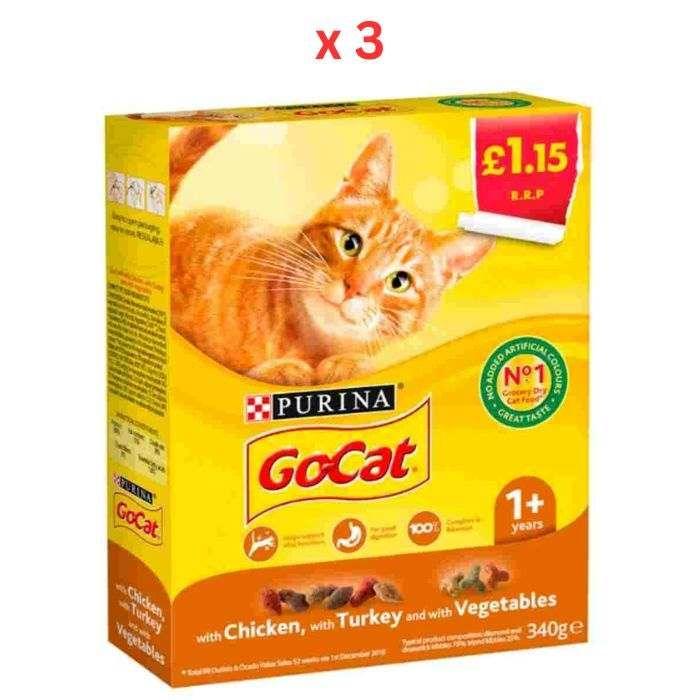Welcoming a furry friend into your life is a joyful experience, filled with wagging tails, playful antics, and unconditional love. As a responsible pet parent, one of the most important aspects of caring for your pup is ensuring they have a balanced diet that supports their growth, energy, and overall well-being. Crafting the perfect meal plan for your canine companion may seem daunting at first, but with a little guidance and understanding of their nutritional needs, you can provide meals that are both nutritious and delicious. In this guide, we’ll explore the essential components of a balanced diet for your pup, offering practical tips and insights to help you make informed choices that will keep your four-legged friend healthy and happy. Whether you’re a first-time dog owner or a seasoned pet parent, this article will equip you with the knowledge to nourish your pup with love and care.
Choosing the Right Ingredients for Your Pups Health
Crafting a nutritious meal plan for your pup begins with selecting the right ingredients that cater to their specific health needs. Just like humans, dogs require a balanced diet rich in essential nutrients. To ensure your furry friend gets the best, focus on incorporating a variety of wholesome components:
- Protein: This should be the cornerstone of your pup’s diet. Opt for high-quality sources such as chicken, beef, or fish, which are vital for muscle development and overall growth.
- Carbohydrates: Provide your dog with energy through complex carbs like sweet potatoes, brown rice, or oats. These not only fuel their daily adventures but also aid in digestion.
- Fats: Essential fatty acids, found in ingredients like fish oil or flaxseed, support a shiny coat and healthy skin.
- Vitamins and Minerals: Include a mix of vegetables like spinach, carrots, and broccoli, which are packed with nutrients necessary for immune function and bone health.
Remember, each pup is unique, so it’s crucial to tailor their diet based on age, breed, and activity level. Regularly consulting with your vet can help you fine-tune their meals, ensuring they remain happy and healthy.
Portion Control and Feeding Schedules for Optimal Growth
Creating a balanced diet for your pup involves understanding the art of portion control and setting a consistent feeding schedule. It’s important to feed your puppy the right amount to support their growth without overfeeding, which can lead to obesity. To determine the appropriate portion size, consider factors such as their breed, age, and activity level. Most dog food brands provide feeding guidelines on their packaging, which can serve as a helpful starting point. Consulting with your veterinarian can also offer personalized advice tailored to your pup’s unique needs.
- Small Breeds: Require more frequent meals, usually three to four times a day.
- Medium to Large Breeds: Typically do well with two to three meals per day.
- Consistent Timing: Stick to a regular feeding schedule to help regulate your pup’s digestion and behavior.
By setting a structured feeding routine, you can help your pup establish a healthy relationship with food, minimizing the risk of overeating. This consistency also aids in potty training, as regular meals often lead to predictable bathroom breaks. Remember, your pup’s dietary needs will evolve as they grow, so be prepared to adjust portions and feeding frequency accordingly.
Understanding Nutritional Needs at Different Life Stages
As your puppy grows, their dietary requirements evolve, demanding a keen understanding of their unique nutritional needs. Puppies require a diet rich in essential nutrients to support their rapid growth and development. Protein is a fundamental component, as it helps build strong muscles and supports overall bodily functions. Ensure your puppy’s meals include high-quality protein sources such as chicken, fish, or lamb.
Besides protein, consider the following nutrients to craft a balanced diet for your pup:
- Calcium and Phosphorus: Vital for bone development and dental health. Look for dog food that meets the recommended calcium-to-phosphorus ratio.
- Healthy Fats: Support cognitive development and maintain a shiny coat. Include sources like fish oil or flaxseed oil.
- Vitamins and Minerals: Essential for immune function and overall vitality. Ensure your puppy’s diet includes fruits and vegetables for a natural boost.
- Carbohydrates: Provide energy and aid digestion. Opt for whole grains such as brown rice or oats.
Remember, each puppy is unique, so adjust portions and ingredients according to their breed, size, and activity level. Consulting with a veterinarian can provide personalized guidance to ensure your furry friend thrives through each life stage.
Incorporating Treats Without Overindulging
Introducing treats into your pup’s diet can be a delightful way to reward good behavior and show affection, but it’s crucial to maintain a balance to avoid overindulgence. Moderation is key when it comes to treats. Consider reserving them for training sessions or as a special reward, rather than a daily routine. This helps keep your pup’s diet balanced and ensures that treats remain a positive reinforcement tool.
- Choose Healthy Options: Opt for treats that are low in calories and made from natural ingredients. Look for those that offer nutritional benefits, like high protein or added vitamins.
- Mind the Portion Size: Break larger treats into smaller pieces to stretch them further and reduce calorie intake.
- Count Calories: Treats should not make up more than 10% of your pup’s daily caloric intake. Adjust their regular meals accordingly if treats are given.
- Homemade Treats: Consider making treats at home using safe ingredients like sweet potatoes or carrots, which can be a healthier alternative to store-bought options.
By keeping these guidelines in mind, you can ensure your furry friend enjoys their treats without compromising their overall health.

